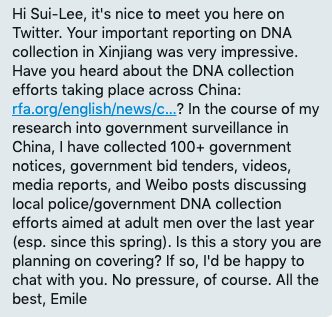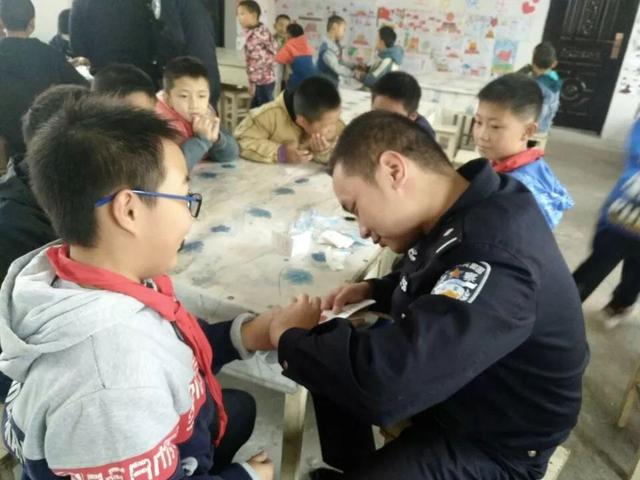
1. There are growing questions now among scientists about the real-world effectiveness of the vaccines made by China's Sinopharm and Sinovac. I spoke to several of them. nytimes.com/2021/06/22/bus…
2. What they are really puzzled about is the countries that have high rates of fully vaccinated people but are still experiencing outbreaks. Among them: Mongolia, the Seychelles, Bahrain, and Chile. 50 to 68 pct of the populations have been fully inoculated, outpacing the US.
3. All four countries are mostly using vaccines developed by Sinopharm and Sinovac. There are also multiple reasons why these countries could be experiencing outbreaks: variants, social controls that are eased too quickly, and ppl thinking they are protected after one shot.
4. But scientists say they are worried that the world would now diverge into 3 types of countries: those rich enough to get the Pfizer, Moderna vaccines; those still waiting at the back of the line; and then those using the Chinese vaccines.
5. Vaccine experts say the implications for the countries using the Chinese vaccines are possible stop-start lockdowns, stringent border restrictions, and lives that can never really go back to normal.
6. The countries using the Chinese vaccines have defended them, saying they are effective in preventing severe disease and death. Mongolia says the outbreaks happened because they held political rallies and a medal ceremony, in which thousands of people congregated.
7. There is very little data from the Chinese companies on breakthrough infections. But a Sinovac study out of Chile showed that the vaccine was less effective than those from Pfizer-BioNTech and Moderna at preventing infection among vaccinated individuals.
8. While I was reporting this, Indonesia reported that more than 350 doctors and health care workers recently came down with Covid-19 despite being fully vaccinated with Sinovac. Across the country, 61 doctors died between February and June. 10 had taken the Chinese-made vaccine.
9. Singapore's director of medical services Kenneth Mak cited the example of Indonesia, in saying that the government believes there is a significant risk of "vaccine breakthrough" with the Sinovac vaccine. nytimes.com/2021/06/19/wor…
10. After extensive reports of people falling ill in Bahrain and the UAE despite being vaccinated, the governments announced that they would offer a third booster shot, and in some cases, six months after the second shot. The choices: Pfizer or more Sinopharm. ENDS
• • •
Missing some Tweet in this thread? You can try to
force a refresh







